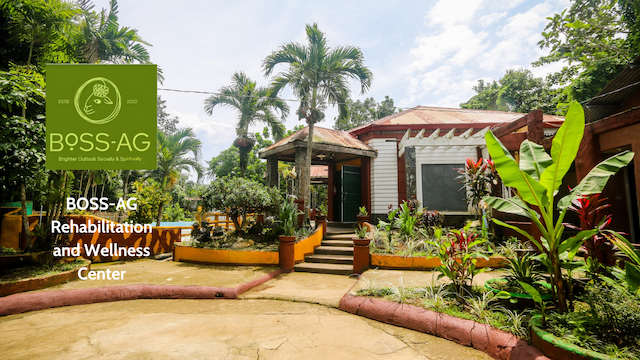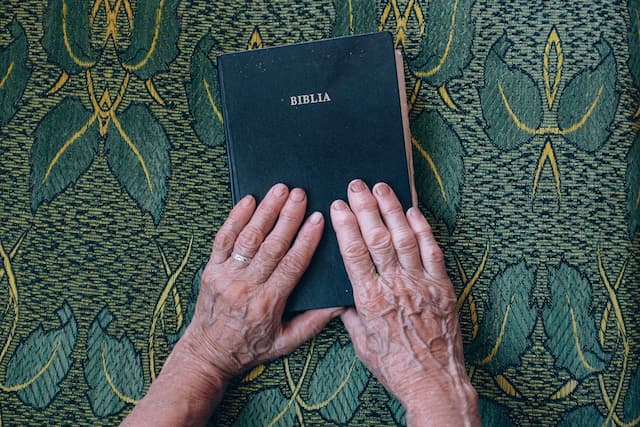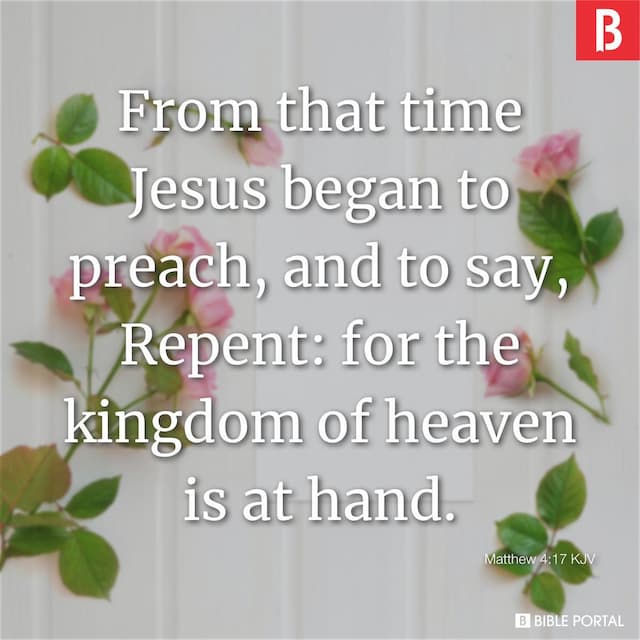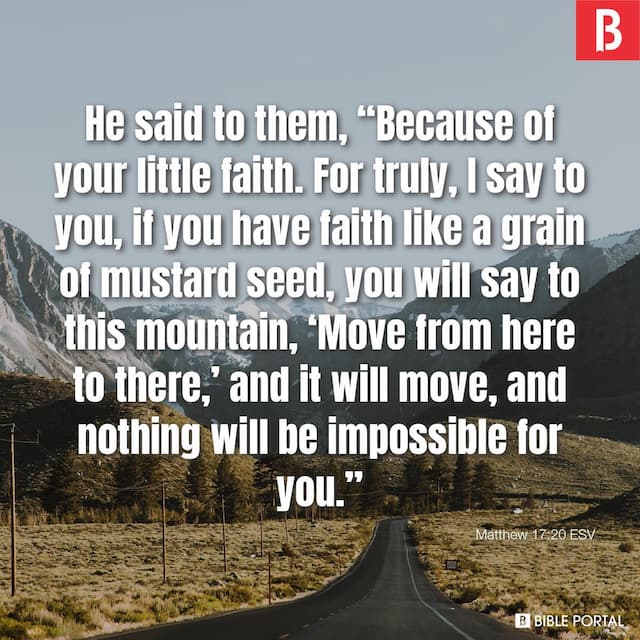Faith, forgiveness, and family restoration: A Christian view on brokenness
Woman making a clay pot. (Photo by Quang Nguyen Vinh from Pexels)
Kintsugi, a venerable Japanese technique, artfully restores shattered pottery fragments with gold. It weaves an intricate narrative that champions the beauty of flaws and imperfections. Instead of refurbishing an object to its original state, this 400-year-old practice accentuates the "scars," transforming them into an integral part of the design. This method serves as a powerful metaphor for healing, reminding us that in the process of restoring broken things. It often results in something more distinctive, exquisite, and resilient.
This term resonates with conjuring images of fractured trust, ruptured relationships, and hearts burdened with anguish. Families, the fundamental societal building blocks, are not impervious to these cracks. Discord, wounds, and the absence of forgiveness can rend the fabric of familial ties, leaving us disoriented and yearning for restoration.
Faith: The anchor in the storm
During moments of familial turbulence, it's too easy to feel adrift in the waves of unhappiness. Doubts murmur, "Is reconciliation even conceivable?" and anxiety looms, threatening to engulf us. Nevertheless, amidst these treacherous waters, faith arises as our unwavering anchor. It provides stability in the face of the unyielding current.
Amidst our fragmentation, we firmly believe in the unwavering presence of God. Our faith instills in us a belief that God's healing power is more significant than our comprehension. He can mend the most seemingly imperishable relationships, integrating forgiveness and grace into our family's past narrative. When we submit to His love and guidance, He becomes the brains behind our family's restoration, laying the groundwork for reconciliation.
Forgiveness: The bridge across the divide
Forgiveness is the most formidable challenge on the journey toward family restoration. The wounds inflicted by loved ones cut deep, leaving indelible scars that appear insurmountable. Nonetheless, forgiveness does not entail downplaying the pain or condoning transgressions. It represents a deliberate decision to release the anger and rage festering within. Instead it opts for the extension of God's grace and mercy.
The Bible abounds with instances of radical forgiveness. Jesus crucified on the cross, implored for clemency for His tormentors: "Father, forgive them, for they know not what they do" (Luke 23:34). This epitome of forgiveness beckons us to emulate, urging us to cast off the shackles of resentment and embrace the emancipating power of grace.
Forgiving our kin does not erase the recollection of the hurt. It does not entail pretending the transgressions never occurred. Instead, it signifies choosing to relinquish the emotional burdens hindering our progress. It grants us the freedom to forge ahead with open hearts and revitalized hope for reconciliation.
Choose to follow Jesus
"Be kind and compassionate to one another, forgiving each other, just as in Christ God forgave you."
Rebuilding a family is a complex solution. It is a journey that spans a considerable amount of time and necessitates patience, determination, and unwavering belief. With God's love, we witness the astonishing transformation of brokenness into exquisite masterpieces of grace and harmony. Remember that even the most profound fractures can serve as conduits for His divine light to radiate, guiding us toward a fortified family overflowing with love and faith.
God's love was so profound that He refused to let the fragments lie scattered. He adamantly declined to abandon His creation. Consequently, God dispatched His Son, Jesus, to live and perish as a human (Hebrews 2:14-18). He demonstrated His earnest desire for a relationship with us and provided a means to reinstate that relationship. Jesus is our Master Architect and Rebuilder.











